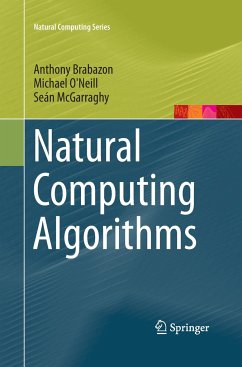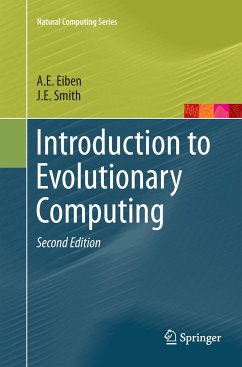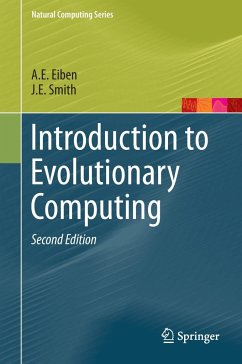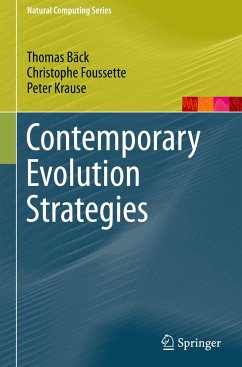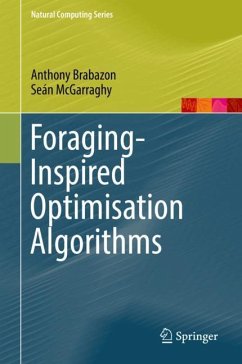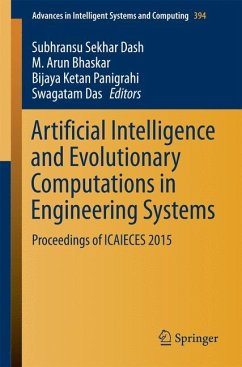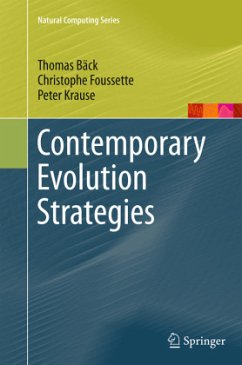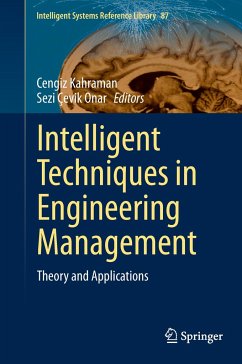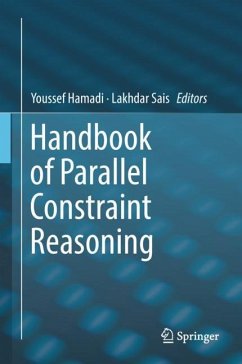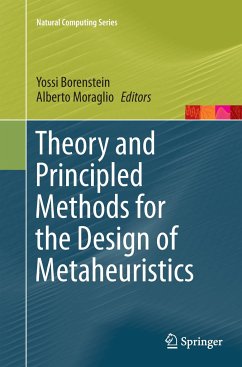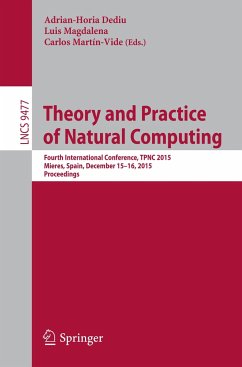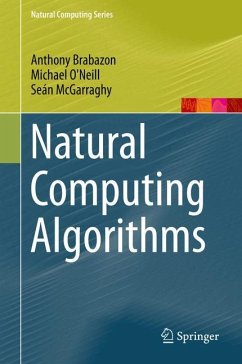
Natural Computing Algorithms
Versandkostenfrei!
Versandfertig in 6-10 Tagen
47,99 €
inkl. MwSt.
Weitere Ausgaben:

PAYBACK Punkte
24 °P sammeln!
The field of natural computing has been the focus of a substantial research effort in recent decades. One particular strand of this research concerns the development of computational algorithms using metaphorical inspiration from systems and phenomena that occur in the natural world. These naturally inspired computing algorithms have proven to be successful problem-solvers across domains as diverse as management science, bioinformatics, finance, marketing, engineering, architecture and design.This book is a comprehensive introduction to natural computing algorithms, suitable for academic and i...
The field of natural computing has been the focus of a substantial research effort in recent decades. One particular strand of this research concerns the development of computational algorithms using metaphorical inspiration from systems and phenomena that occur in the natural world. These naturally inspired computing algorithms have proven to be successful problem-solvers across domains as diverse as management science, bioinformatics, finance, marketing, engineering, architecture and design.
This book is a comprehensive introduction to natural computing algorithms, suitable for academic and industrial researchers and for undergraduate and graduate courses on natural computing in computer science, engineering and management science.
This book is a comprehensive introduction to natural computing algorithms, suitable for academic and industrial researchers and for undergraduate and graduate courses on natural computing in computer science, engineering and management science.





